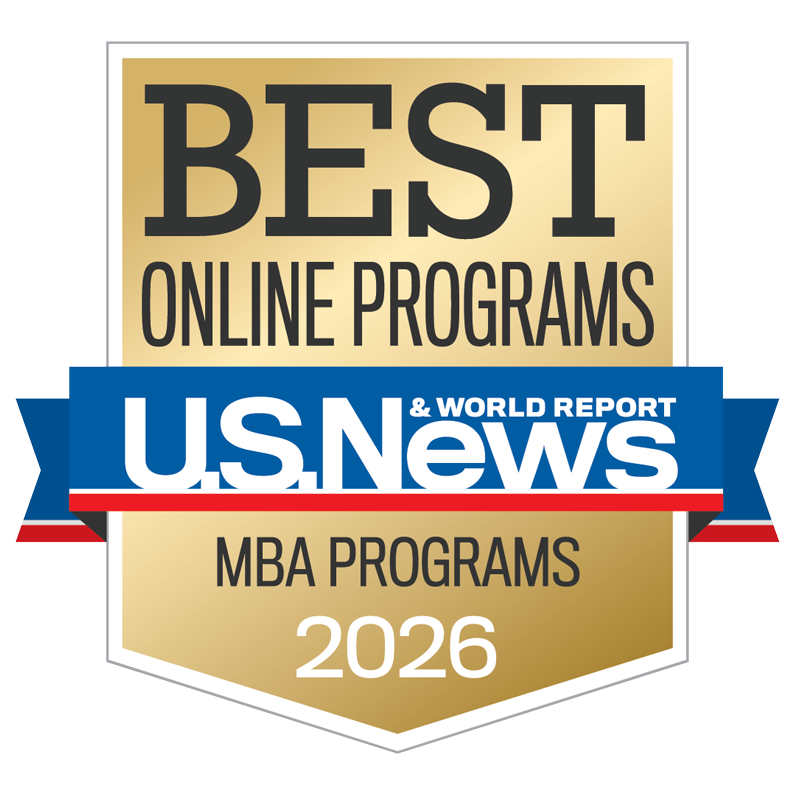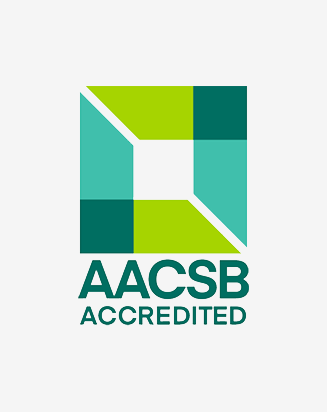Yes, you can get an MBA without a business degree. Most MBA programs do not require a specific undergraduate major. In fact, many MBA students have undergraduate degrees in fields like engineering, science, humanities or social sciences.
That said, if you do not have an undergraduate education in business or a related field, you may be required to complete foundation courses to be well-prepared for advanced graduate course work in accounting, finance, marketing and other core subject areas.
While a business degree can provide a solid foundation for MBA studies, it's not a prerequisite for success in the program. If you're considering pursuing an MBA without a business degree, here are some tips to enhance your chances of success:
- Demonstrate strong academic performance: A strong undergraduate GPA, regardless of your major, indicates your ability to work hard, stay organized and succeed.
- Highlight relevant work experience: If you have work experience in a business-related field, even without a business degree, it can demonstrate your understanding of business principles and your ability to apply them in a practical setting. Consider this when writing your statement of purpose.
- Complete a Graduate Certificate: At UMass Lowell, the Graduate Certificate program in Foundations of Business covers all the required foundation courses for the MBA. Not only will the courses in this program prepare you for entry to the MBA program, but it is also another excellent credential to add to your resume.
With careful planning and preparation, you can successfully pursue an MBA without a business degree and open doors to exciting career opportunities in the business world.









